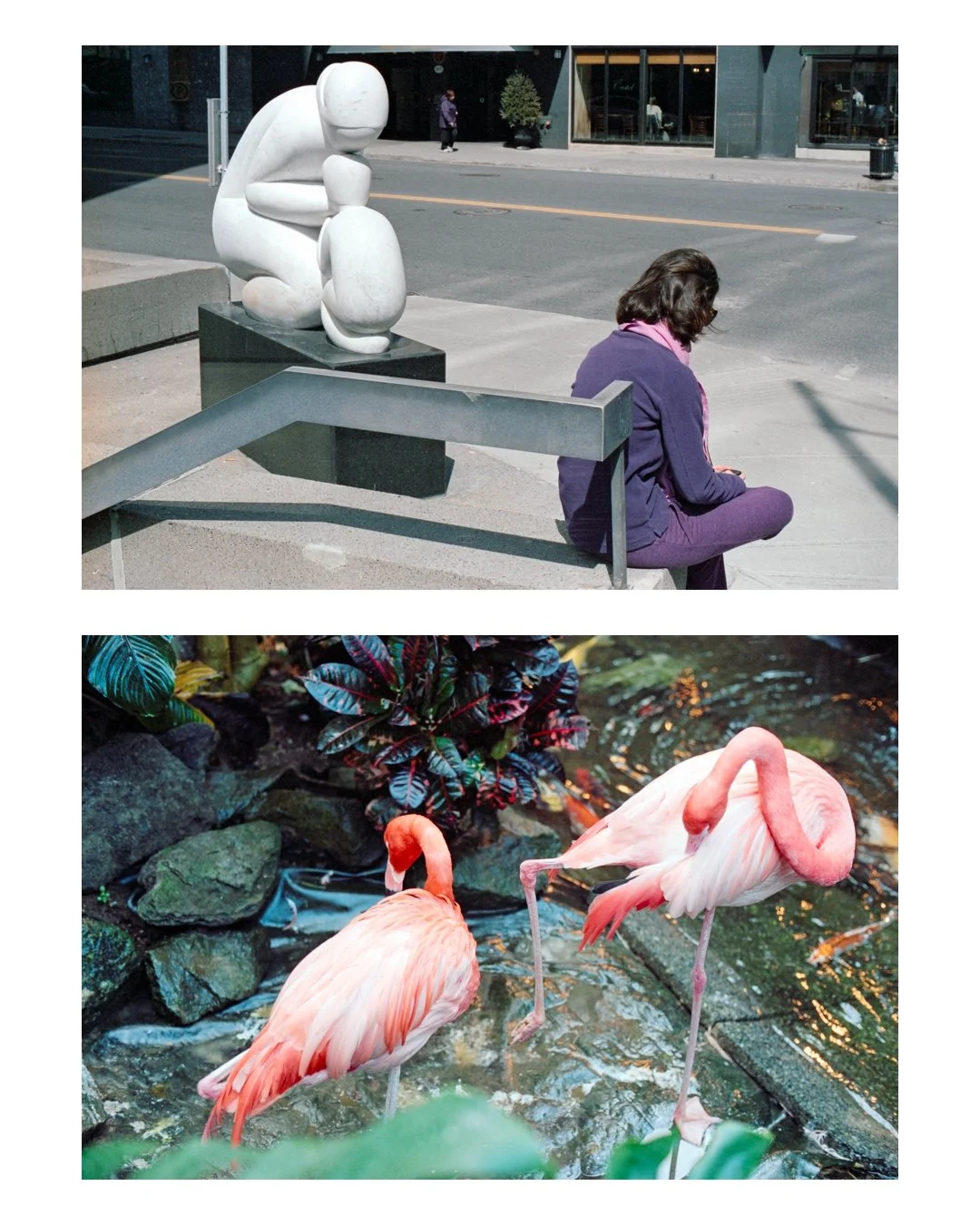Your Camera Matters
There’s a creeping, persistent, insidious, and absolutely erroneous sentiment out there on the internet that your camera doesn’t matter. The central idea goes something like this: It’s not about the camera, it’s about you. During the last century and a half, great photographers have made stunning images without all the technological wizardry that we have today. If you’re a great photographer, you can make great pictures whether you go out with an iPhone, a Nikon D3, or a home-made pinhole camera. To paraphrase John Lennon: “Give me a tuba, and I’ll get you something out of it!”
I’m here to tell you that your camera does, in fact, matter. It matters a great deal. And until you accept this, you’re going to be beating yourself up for not improving as a photographer.
Let’s dispense with the obvious first: A camera is not, say, a violin. Sure, there are violins and then there are Stradivariuses, I mean, Stradivari. But all of them, regardless of quality are designed for the specific purpose of playing violin music. (I am sure that I am making crude approximations here — afficionados should feel free to correct me.) If you’re a beginner at the violin, it will not matter in the slightest whether you’re playing a violin you picked up at your neighbourhood pawn shop for $25, or a Stradivarius. You are going to sound awful either way and your neighbours are going to blackball you at the next next meeting of the condominium board. The only way to sound better is to play more. Perhaps, one day, when you have forgone normal human relationships for your art and you have rehearsed for countless hours and you are one of the top concert violinists in the world and you have an obscenely rich benefactor who has bequeathed you a Stradivarius, then you (and only a handful of other people on the planet) will be able to tell the difference. Using the high end equipment in a specific genre makes a difference for the high end practitioners in that genre, not for the rest of us. For the rest of us, the only recourse is to practise. And this is the part of the “your camera does not matter” argument with which I have no beef.
However, like I say, cameras are not violins. They are dogs. Dogs come in a wide variety of different breeds, each with a specific purpose. There are great big burly dogs for mountain rescue, and spotted dogs for fighting fires, and yapping little ankle-biters for tripping over in the kitchen while you are making dinner. Likewise different types of cameras are designed for different ends and have different capabilities to meet those ends and not other ends. If you absolutely require of your camera that it have interchangeable lenses, don’t bother with a Rolleiflex TLR; if you absolutely require it to shoot video, choose an Olympus EP 2 over a Nikon D3; if you absolutely require it also to make phone calls and browse the web and look cool as you sip a chai latte, make sure to carry an iPhone. You get the picture.
What I am saying is this: the greatest concert violinist in the world may be only a competent viola player, because a viola is not a violin. Likewise, the greatest landscape photographer alive may be only a competent portraitist, because the heavy large format cameras he has used all his life cannot respond as easily to the rapid changes in a person’s expression as a 35 mm camera can. And the greatest 35 mm portraitist in the world may be completely flummoxed by the iPhone and may not even know what a chai latte is.
Your camera matters because it forces its view of the world and its way of working on you on you, not the other way around. I’ve seen it written in many places on the internet that so-and-so loves his such-and-such camera because “it gets out of the way” and lets him concentrate on making the picture. To me, this logic is completely backwards. The camera is going to do its thing despite your best intentions: it cannot and will not accommodate you. You get the most from your camera when you get out of its way and let it do its thing. Which is to say that you need to choose the camera that most closely fits your way of working and your style of shooting.
If you don’t do this, you’re going to be fighting an inanimate object for the rest of your photographic career, which will be inappropriately brief. Let’s say you have a great entry-level DSLR like the Nikon D40. You hit the streets to capture life around you in the tradition of Garry Winogrand, or Henri Cartier-Bresson. You take many thousands of pictures with it over the course of several months, or a year, and at the end of it are disheartened to find none among them with which you are remotely pleased. You reason to yourself that it must be the camera’s fault, so you go out and buy a D3x with your tax rebate instead of paying down your mortgage. The process begins again: you take a few thousand pictures, sift through them, and find that you still don’t have any good ones. Luckily, you’re a smart person and stop here rather than sinking yet more money into lenses, or flashes, or other nonsense. What happened? You took it seriously, you practised and still you did not improve. Perhaps you’re simply not a photographer.
No. What happened is that you didn’t realise that the D40 and the D3x are essentially the same, they have basically the same way of working, the same way of seeing the world. They’re the same breed of dog. The trap you’ve fallen into is assuming that you’re not a dog person because you don’t get along with spaniels — but you may very well love labradors! By imposing its view on you, the camera has blinded you to the truth that you’re not actually fond of the 3:2 aspect ratio, that you don’t like moving quickly, that you’re not a candid street-shooter, after all. You are in fact a medium format portraitist, who loves to make slow, considered pictures of people you know. And you love film. This is where you really shine. You buy a beaten-up Hassie and start taking pictures of your friends and family that you develop in your kitchen late at night when everyone is asleep, including the ankle-biter. You adore the square format. Your pictures come alive. You feel connected to the camera and the process. And because you and the camera are dedicated to the same end, it finally, finally “gets out of the way” and lets you concentrate on making the picture.
Herein lies the most destructive aspect of the “your camera does not matter” argument. If it’s not your camera, it’s you. Face it, you suck.
Except that you don’t suck. The camera sucks for the type of photographer you are and the type of pictures you’re trying to make. I’ve said this before of the iPhone, so I won’t repeat it for fear of appearing to be an iPhone hater. Instead, I’ll pick on the other end of the spectrum: The Nikon D3x is the best camera in the world with which experts who shoot the D3x take pictures that are best suited to the D3x. But that’s not you, and there’s no reason to be embarrassed by it. The point is that landscape photographers do not beat themselves up because they are not portraitists, and portraitists do not beat themselves up because they are not street shooters, and street shooters don’t beat themselves up because they’re not Lomo-toting hipsters, and hipsters are beyond beating themselves up because they feel the world belongs to them.
Shoot lots of different cameras. Experiment. Get to know yourself. Pick the camera that sees the world the way you do. Use it until it falls apart, and then buy a Stradivarius. You’ll notice the difference.







